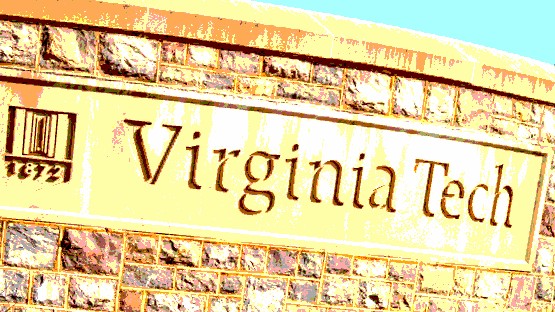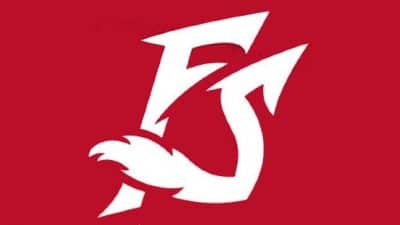
The moves – forced by Gov. Bob McDonnell’s push on funding for the Virginia Retirement System for public-sector employees – are forcing the hands of local decision-makers. Local government, of course, is where the rubber hits the road. For all the talk of cuts in Washington and Richmond, when cuts are made at City Hall or the County Government Center, it’s not a budget bottom line being cut, but people and services.
And in public schools, when you’re talking about cuts to people and services, you’re talking teachers and students.
So here’s what happens: We let legislators and a governor in Richmond put out press releases about how they held the line on taxes and spending, and we force local town and city councils and boards of supervisors to raise them to meet the funding gap, or those same locally elected leaders decide they can’t raise taxes to meet the gap and in the process we force the hands of school boards to cut classroom teaching positions, which account for the bulk of spending on schools.
Now, how likely is any locally elected council or board of supervisors member to support a tax increase, right? Not going to happen, not on a wide scale, anyway. So take that one off the table. Which leaves us with … fewer teachers, bigger class sizes, less opportunities for one-on-one interaction to help struggling students …
Kids are becoming commodities now. As some commenters on one local-newspaper blog derisively refer to them, “precious treasures,” that we’re not treating as such. Kids are widgets, and we need to reduce the price-per-unit to produce them.
It’s a race to the bottom, and we can almost guarantee where this is going to end up. The kids of today, soon to be the workers of tomorrow, the business entrepreneurs of tomorrow, the leaders of tomorrow, are going to go armed into that battle for the future with less in their arsenal that my generation did, than my parents’ generation did.
It’s not debt that is our greatest enemy. To borrow from a long-ago battlefield observation, we have met the enemy, and it is us.
It’s one thing to cut corners in transportation – all that means is unsafe roads killing a few dozen more people a year. Or to cut corners in the delivery of health care – so a few more of us lack basic access and the herd thins a little more quickly as a result.
Or to cut corners in defense – wait a second, no, because we don’t do that in this country. The Pentagon is sacrosanct.
But to cut corners in education, that’s … that’s us cutting corners to save a few dollars today at the expense of our very continued existence as a productive society tomorrow.
To those who bemoan the ability of the United States to be able to continue as the world’s leading economic and military power in the face of the stiff competition expected to come from the rise of China and India to our East, well, to borrow from another observation ostensibly from the world of agriculture, you reap what you sow.










